Asset Turnover Ratio
Introduction: The Concept of Intermodal Containers
Intermodal containers revolutionize the logistics and supply chain industry by offering a highly efficient, versatile solution for shipping goods. Specifically designed for use across multiple modes of transportation—such as ships, trains, and trucks—these containers eliminate the need for unloading and reloading goods when switching transport methods. Their standardized design and construction facilitate seamless transitions, ultimately saving time, effort, and resources.
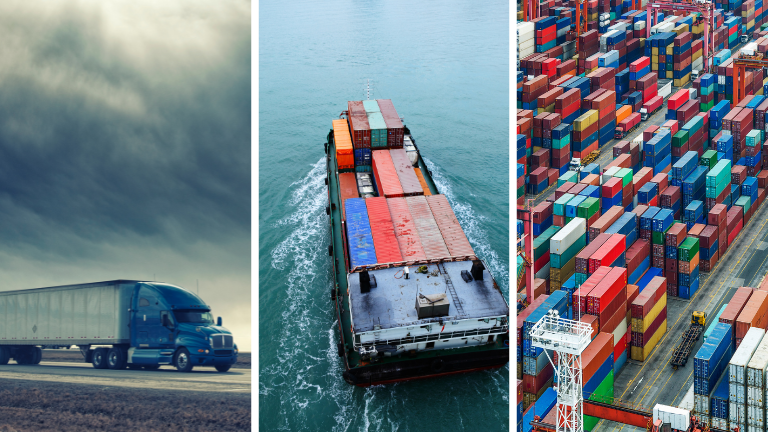
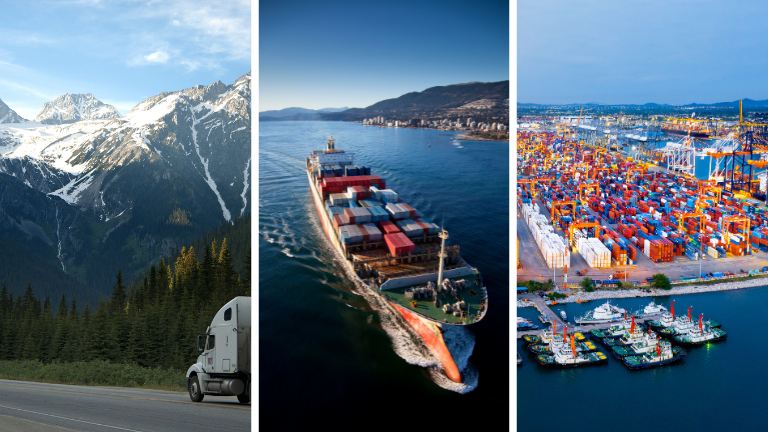
Features of Intermodal Containers
Standardized Dimensions
Intermodal containers are built to universal specifications, which makes them compatible with various types of transportation equipment. Most commonly, you’ll find these containers in sizes like 20-foot, 40-foot, and 45-foot lengths.
Durable Construction
Made primarily of steel, these containers are designed to withstand harsh weather conditions, mechanical impacts, and other factors that could compromise the safety of the cargo inside.
Security Features
Many intermodal containers come equipped with advanced locking mechanisms and tamper-evident seals, ensuring the security of the goods stored within.
Versatility
Aside from the capability to handle a variety of goods—from consumer products to raw materials—these containers can easily be adapted for specialized cargo, like refrigerated items or hazardous materials.
Advantages of Using Intermodal Containers
Efficiency and Cost-Effectiveness
Because goods don’t have to be unloaded and reloaded between transport modes, businesses can save on labor and handling costs. This streamlined process also reduces the risk of damaging goods during transit.
Environmental Benefits
Intermodal transport generally has a smaller carbon footprint compared to using a single mode of transportation for the entire journey. This is especially true when combining sea and rail transport, which are more energy-efficient than road transport.
Flexibility and Scalability
The standardized nature of intermodal containers allows for greater flexibility in planning logistics. As business needs change, so too can the combination of transport modes, without needing to invest in new types of containers.
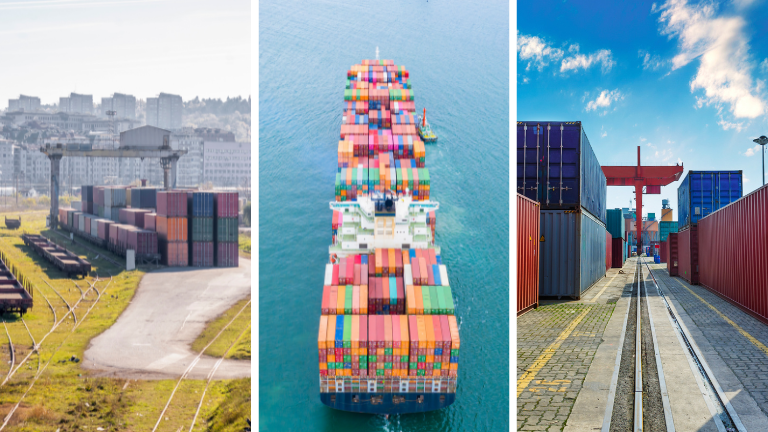
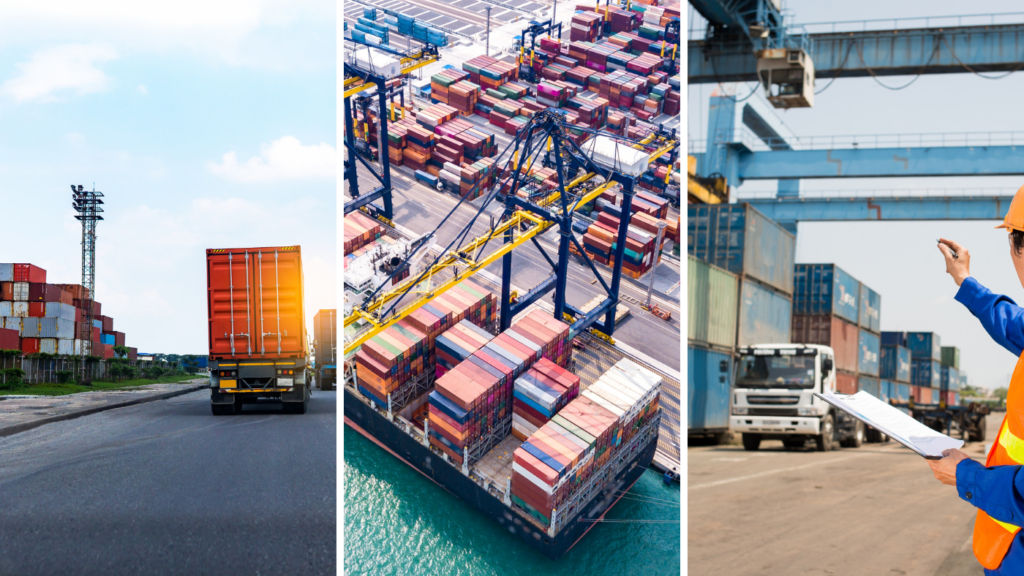
Challenges and Considerations
While intermodal containers offer numerous advantages, businesses must also consider:
- Regulatory Compliance: Different transport modes come with distinct regulations that must be observed.
- Tracking and Management: Tracking a container across different modes of transport can be complex and requires specialized software for real-time visibility.
- Initial Investment: While cost-effective in the long run, the initial investment in intermodal containers can be high.
Conclusion: The Future of Intermodal Containers
Intermodal containers are more than just storage boxes; they are integral elements in modern logistics and supply chain strategies. Their standardized dimensions, durability, and multi-modal capabilities make them indispensable in global trade. As technologies like real-time tracking and automated systems continue to advance, the utility and efficiency of intermodal containers will only increase.
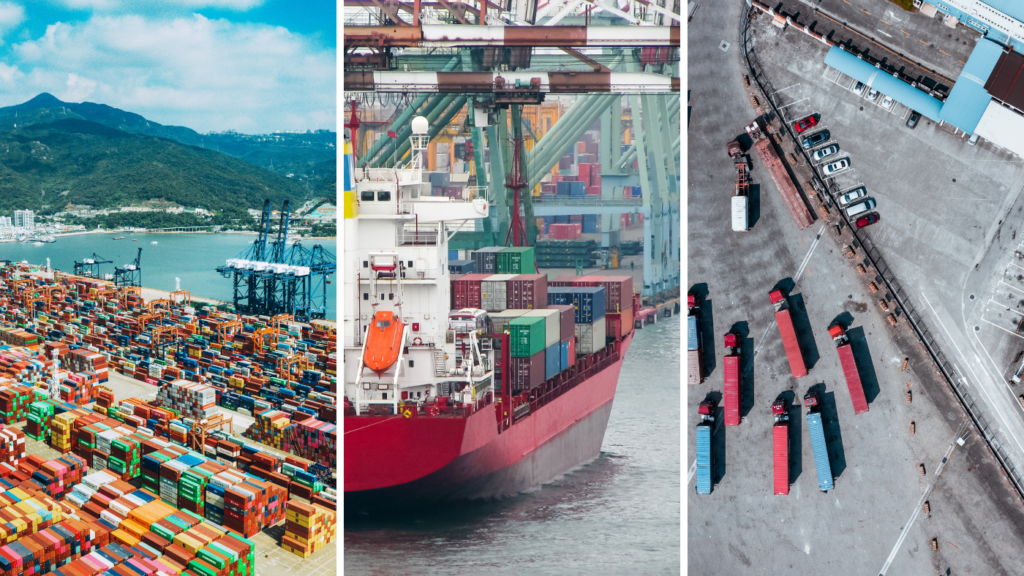
Contact Us
The world of logistics is complex and full of technical, financial, and business elements. The logistics experts at Phoenix International deliver top-quality freight forwarding service, supported by powerful technology and decades of experience. Contact us and let us know how we can help you!
